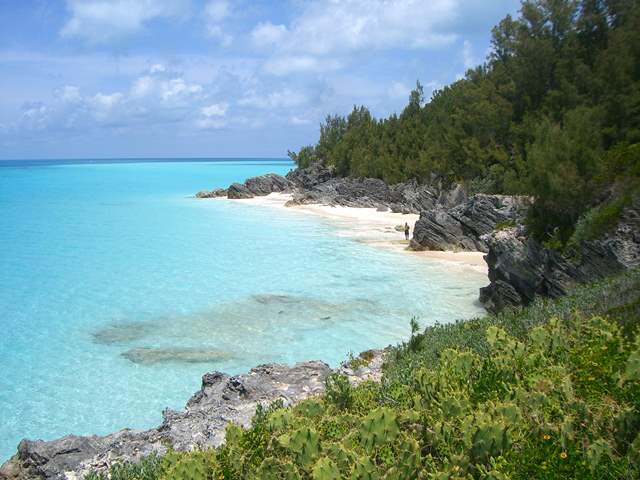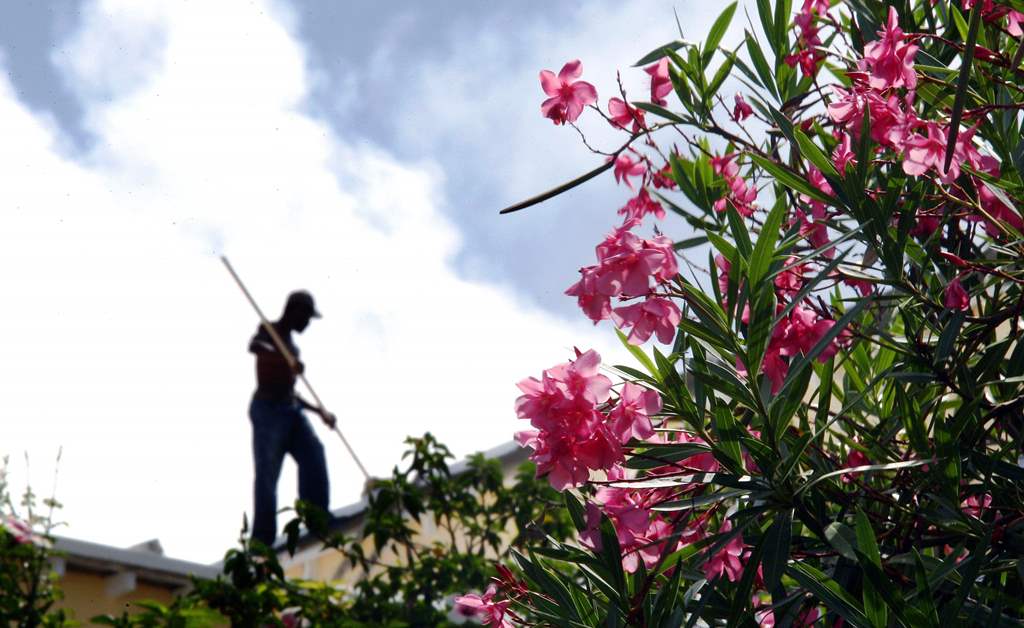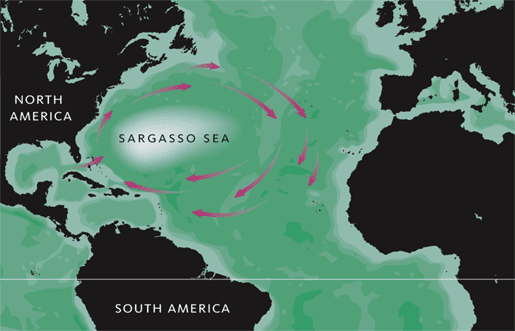 We can certify our beaches using the FEE Blue Flag Award. (Photo by Kyle Hunter)
We can certify our beaches using the FEE Blue Flag Award. (Photo by Kyle Hunter)
The song Proud to be Bermudian by John Woolridge reminds us that "our wealth is so much more than blue skies and pink sand . . . the truth is there is more to us". It is easy to find bad news in the paper; wouldn't we rather find things to be proud of? It's time that we stood up for what we think is right, take responsibility for things that are not working, and build a Bermuda we are proud of.
Let's not ask if something is an 'environmental problem' or an economic or social issue, but ask what is the right thing to do? If we change this, will we be proud to be Bermudian?
Earlier this month Greenrock posted a piece about water contamination both in tanks and on the beaches suggesting that Bermuda and Bermudians should be at the forefront of dealing with environmental issues. Responses were posted asking for solutions, generally meaning 'shouldn't someone (other than them) be doing something'. But many of the solutions just take enough people deciding there needs to be change.
 Sunlight picks up the pink hue of oleanders as a man puts a coat of paint on the roof of a house in Spanish Point. As long as your roof is clean and your water tank is not dirty, you can have some of the cleanest water in the world. (Photo by Mark Tatem)
Sunlight picks up the pink hue of oleanders as a man puts a coat of paint on the roof of a house in Spanish Point. As long as your roof is clean and your water tank is not dirty, you can have some of the cleanest water in the world. (Photo by Mark Tatem)
Dirty water tanks and dirty beaches are a health issue, but our rainwater tanks are part of our culture and are an unparalleled environmentally friendly system that has stood us in good stead for hundreds of years. Routine maintenance on our tanks gives us water that is cleaner than that in the pipes of most Western cities (yes, this is true). But we need to do the maintenance ourselves, not rely on a Department of Sanitation to do. So let's do it! Waste on beaches just doesn't make sense today — even if we weren't called on it by the US Consulate, is our sewage disposal system something we are proud of? The US banned ocean dumping of sewage in 1992, and sewage is now seen as a valuable resource. New York City is using a natural digestion process on their sewage and turning into two valuable products: an organic soil-like material that can be reclaimed as compost, and biogas which can be burned for electricity.
We can go further: we can certify our beaches using the FEE Blue Flag Award. Forty eight countries already using this voluntary certification process to identify their beaches, marinas and tourist boats as:
1: Providing environmental education and information.
2: Having water which is regularly tested to ensure that it meets health and quality standards.
3: Sound environmental management including taking care of the marine environment environmentally, and providing environmentally friendly waste disposal.
 4: Providing safety and services that we can be proud of.
4: Providing safety and services that we can be proud of.
Greenrock already offers the United Nations recognised FEE Eco-Schools programme, we can partner with Government or any private operators to demonstrate to the world that we have beaches we are proud of.
What are other things that we can do that would make us proud to be Bermudian?
Let's look around at other islands and find examples of people who do things they are proud of:
The Chagos Archipelago in the Indian Ocean is smaller than Bermuda, with a total area of about 640,000 square miles. In 2010 they designated their entire area as a 'no take' marine reserve: the world's largest. They agreed to forego an estimated £800,000 of tuna licensing revenue in order to do something they are proud of. They did this because protecting the vast, healthy coral reefs around the islands, so that they could continue to enrich and replenish our oceans, was the right thing to do to.

Our EEZ covers almost 500,000 square kilometres, and the Blue Halo project (also known by many other names) has proposed a marine reserve in our EEZ in order to protect the unique Sargasso Sea. Even if we protected half of our EEZ it would be the biggest marine reserve in the Atlantic. We could have one of the largest marine parks in the world just off our beaches; doesn't that make you stand a little straighter? Of course there are economic interests, and we are afraid of options we might lose in the future — but we are losing nothing today, and we are also likely to see increased tourism and other economic gains. But let's not do it because of economic guesses, let's do it because it is the right thing to do, something we can see every day and be proud of.
Another island nation, Aruba, has drawn a different kind of line in their stand. Two years ago they signed an agreement with the Carbon War Room and Sir Richard Branson to transition to 100 percent renewable power. There are lots of reasons why this might be hard, they could have found excuses, but they are undoubtedly proud of this commitment and believe it is the right thing to do. In February of this year St Lucia, Turks and Caicos and the British Virgin Islands also took the first steps towards phasing out diesel generators. Where is Bermuda on this list? Why do we still have 98 percent of our power from diesel when, as the song 'Proud to be Bermudian' says: "Our wealth is so much more than blue skies and pink sand"; we could add, abundant sunshine and steady winds and waves for renewable power. Let's do something we are proud of, stop paying foreigners for oil and use our own resources.
Author and activist Paul Hawken says: "Don't be put off by people who know what is not possible. Do what needs to be done, and check to see if it was impossible only after you are done."
When did we stop asking if this was the right thing to do and start asking who else is going to do it? When did the first answer become "it's not my job". To paraphrase another more famous quote: "Ask not what your country should be doing for you, ask what you can do for your country" so that we can all be proud to be Bermudians.
This article appeared in our regular 'Greenrock Says...' column in the Royal Gazette Green Pages, published on the first Thursday of each month.

